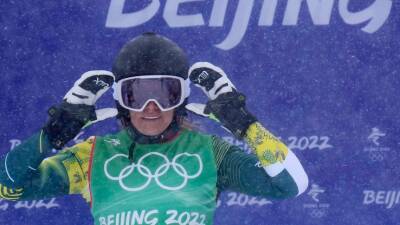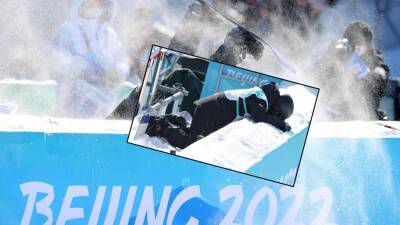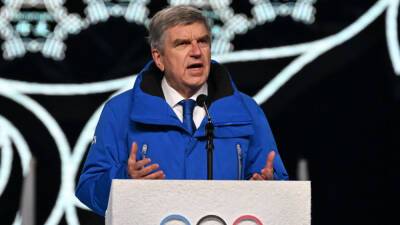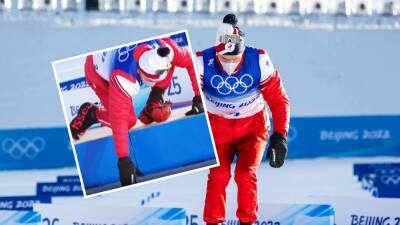Commentary: Big sporting moments like Beijing Winter Olympics have been politicised
SYDNEY: In 1971, two table tennis players – American Glenn Cowan and Zhuang Zedong from China – met on the tournament bus on the way to the world championships in Nagoya, Japan.
The chance meeting between two athletes at a time when their respective countries were enduring a distant and icy relationship set off a series of events that led to United States president Richard Nixon visiting Communist China in 1972 – the first incumbent to do so – and began a thaw that led to both countries becoming their respective top trading partners.
Ping pong diplomacy – the “doctrine” established by that meeting in Japan – exemplified the political power in the simple act of sporting competition, between people and between countries.
These days, it seems, things aren’t so simple.
As the Beijing Winter Olympics begin this week, a number of major nations are enacting a diplomatic boycott of the Games.
In December 2021, Australia announced it was joining the soft protest, stating that it will not send any diplomatic or state representatives to the event – although athletes will attend – in protest against China’s poor human rights record.
Clearly, some among the political and bureaucratic class may be disappointed that the Olympic gravy train won’t be stopping by this time around. But outside of such disgruntlement, the move is unlikely to have much impact.
In truth, while China’s many human rights problems have been highlighted as the main reason for the boycott, it can be said that a secondary target is the Olympic movement itself. Its monastic stance on political issues is – in this era of choosing sides, cancel culture and being woke – out of step and a little bewildering.
For many years, sports bodies have ducked and weaved around political







